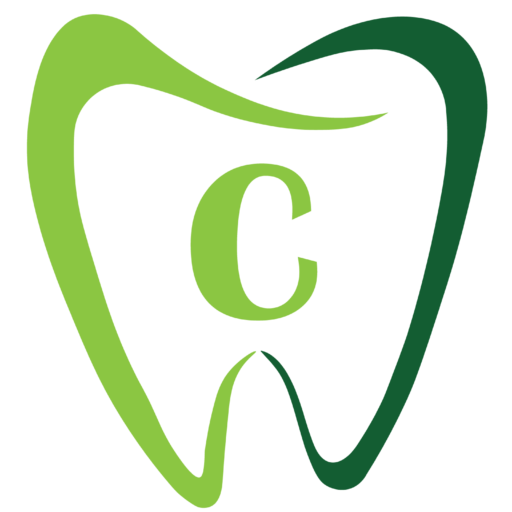Periodontal disease, also known as gum disease, is an inflammatory condition that affects the tissues surrounding and supporting the teeth. It starts as gingivitis, a bacterial infection causing gum inflammation, which can progress to periodontitis if left untreated. Periodontitis damages the jawbone and can lead to tooth loss.
Unveiling Periodontal Disease:
Unlocking Causes, Types, and Treatments for Healthier Gums and Stronger Smile
Types of Periodontal Disease
- Chronic periodontitis: Common and characterized by gradual gum attachment loss, deep pockets, and gum recession.
- Aggressive periodontitis: Rapid gum attachment loss, chronic bone destruction, and often occurs in otherwise healthy individuals.
- Necrotizing periodontitis: Tissue death in gums, periodontal ligament, and jawbone, often associated with systemic conditions like HIV.
Periodontitis is caused by systemic disease: it starts early and is influenced by conditions like respiratory disease, diabetes, and heart disease.
Treatment for Periodontal Disease
Here are some treatments that counters periodontal disease. Early intervention and professional help from a periodontist are essential to prevent further damage. Recognizing signs like gum recession and deep pockets is crucial:
- Scaling and root planing: Removal of bacteria and tartar, followed by antibiotics and prescription mouthwash.
- Tissue regeneration: Stimulating regrowth through grafting and membrane techniques.
- Pocket elimination surgery: Flap surgery to reduce pocket size and eliminate bacteria-friendly areas in the jawbone.
- Dental implants: Implanting prosthetic teeth into the jawbone after tissue regeneration to restore aesthetics and functionality.
Regular dental check-ups and prevention practices are vital for maintaining healthy gums and a beautiful smile. With timely and appropriate care, the effects of periodontal disease can be minimized, promoting overall oral health and well-being.

